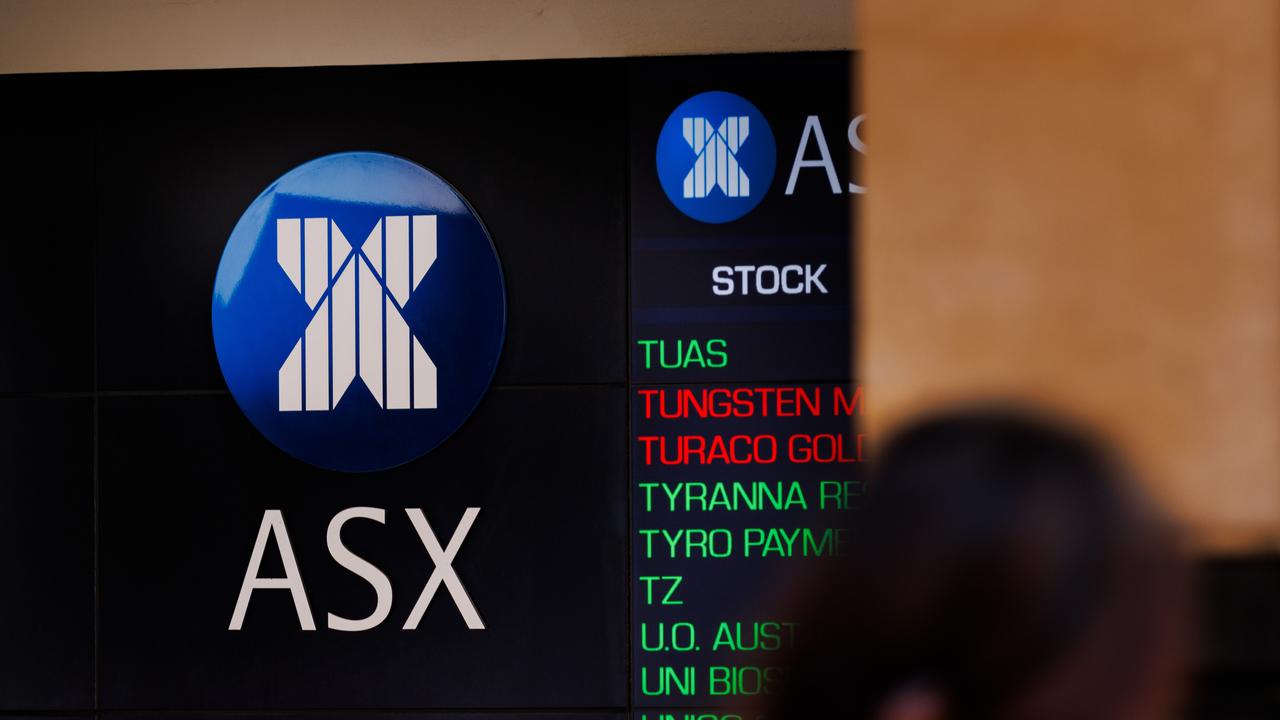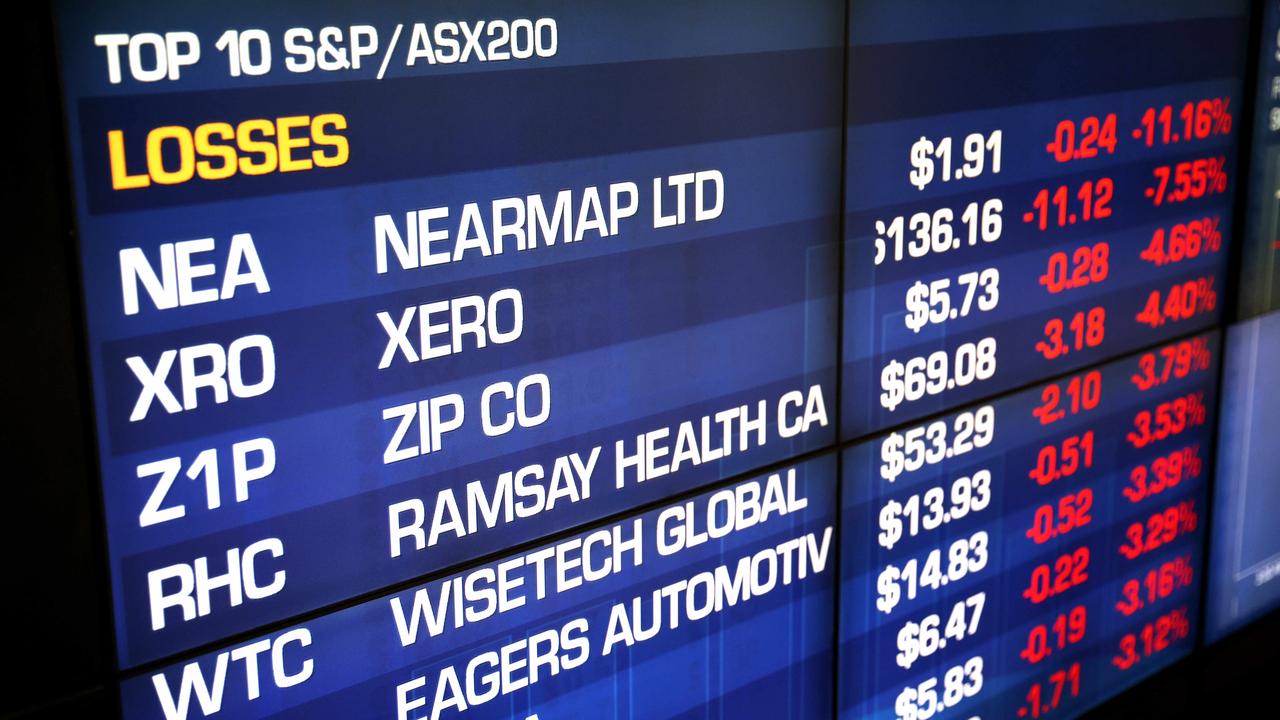Bitcoin does unthinkable on Trump victory
Financial markets have gone wild on Donald Trump’s election victory — with some huge winners emerging and some uncertainty too.
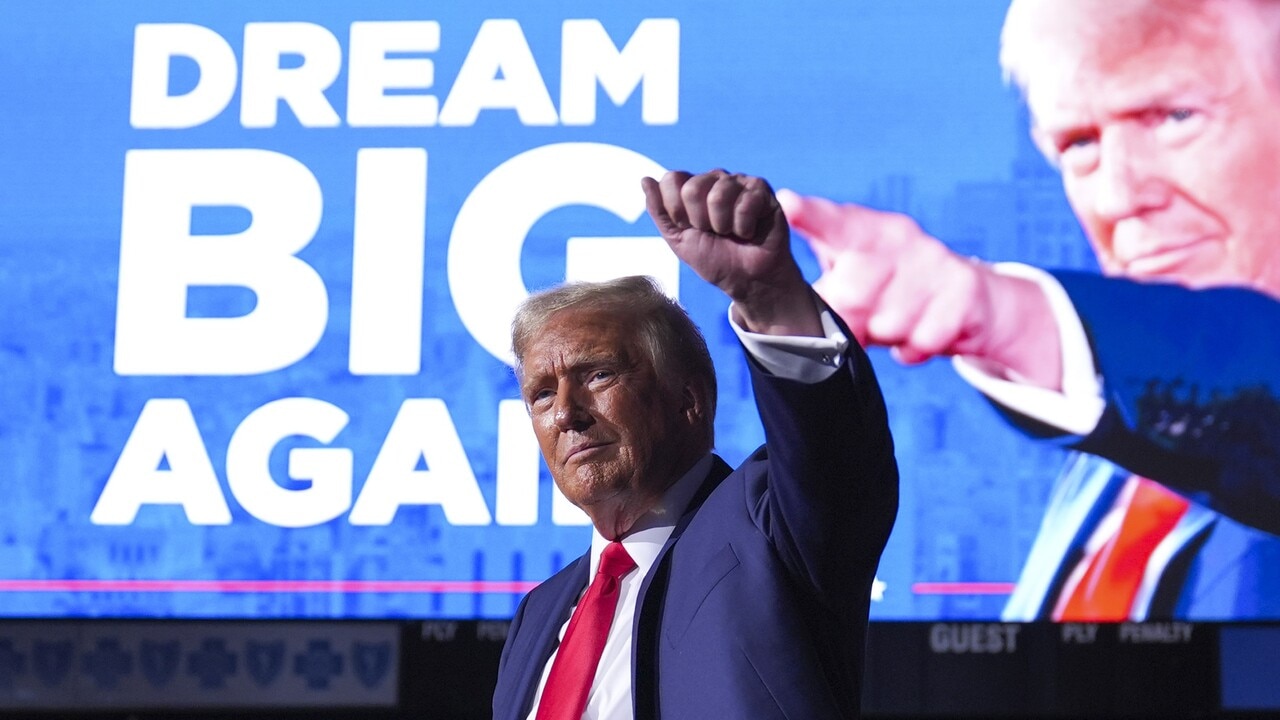
Financial markets have gone wild on Donald Trump’s election victory — with Wall Street rallying into record territory and bitcoin hitting an all-time high.
The Republican candidate made a stunning political comeback as he defeated Vice President Kamala Harris to return to the White House, four years after losing it to Joe Biden.
One of the biggest winners from the result was bitcoin. The digital currency sprung $6,000 higher to a record $75,371.67, topping its previous peak of nearly $74,000 in March.
Mr Trump was previously a crypto sceptic but changed his mind and took a favourable view of cryptocurrencies ahead of the election.
During his campaign he pledged to make the United States the “bitcoin and cryptocurrency capital of the world” and to put tech billionaire Elon Musk in charge of a wide-ranging audit of governmental waste.
In recent years Mr Musk has spruiked cryptocurrencies — in particular dogecoin which rose by a mammoth 15.40 per cent as of 8.30am AEDT.
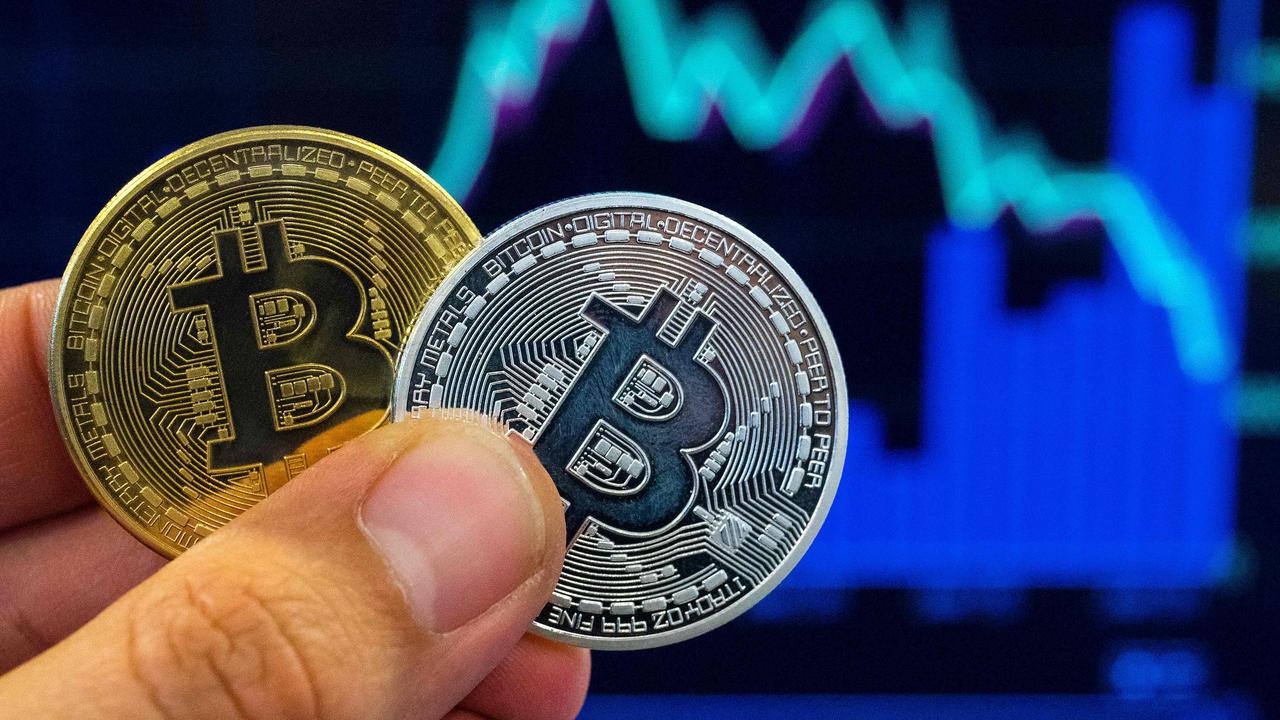
As part of his campaign, Mr Trump also vowed to create a national “strategic reserve” of bitcoin and he accepted cryptocurrency donations and actively engaged with the crypto community at a Bitcoin conference in July.
He launched a new venture, World Liberty Financial (WLF), alongside family members, focused on cryptocurrency trading.
Last month WLF published a 13-page document that described its mission and how tokens can be allocated — it showed Mr Trump and his family could take home 75 per cent of net revenue.
Wall Street smashes records
Meanwhile Wall Street rallied into record territory and the US dollar soared as the world gears up for another Trump presidency.
The Dow soared three per cent while the S&P500 and Nasdaq Composite jumped around two per cent.
One of the biggest winners was Tesla which soared 13 per cent after Mr Trump praised the electric car maker’s boss Mr Musk, a key campaign backer, as a “star” during his victory speech.
“The rationale behind the US stock market rally is that Mr Trump is seen as business-friendly and will be able to pass his tax cuts through easily without much resistance from the Democrats who have lost control of the Senate,” said City Index and FOREX.com analyst Fawad Razaqzada.
Briefing.com analyst Patrick O’Hare said Trump’s policies “which feature lower tax rates and deregulation among the cornerstones, are being heralded by the stock market as pro-growth policies that will be a boon for corporate profit growth”.

Markets are also applauding the clarity of Tuesday’s results, said Jason Schenker of Prestige Economics.
“A swift and decisive outcome reduces the risks of protracted uncertainty, political violence, recession risks, and even geopolitical spillover that could have accompanied presidential election outcome uncertainty,” he said.
Australian market to rise
The Australian stock market is also poised to rise today, albeit with less eye-popping gains.
The index of the top Aussie companies (ASX 200) is set to rise by 0.4 per cent. It may sound small but the index also by a decent 0.8 per cent on Wednesday when there were early indications that Mr Trump would win.
It is not as clear at this stage how a second Trump presidency will affect the Australian economy — particularly given he has hinted at imposing tariffs of up to 60 per cent on Chinese goods being exported into the US in a bid to protect American manufacturing.
Mr Trump is threatening a big ramp up in protectionism with a 10-20 per cent tariff on all goods imports. This would take the average US tariff rate on imports from around 2.5 per cent to at least around 17 per cent, a level last seen in the 1930s.
Chief Economist at AMP Shane Oliver said that, from an economic point of view, Australians have some reason to be concerned.
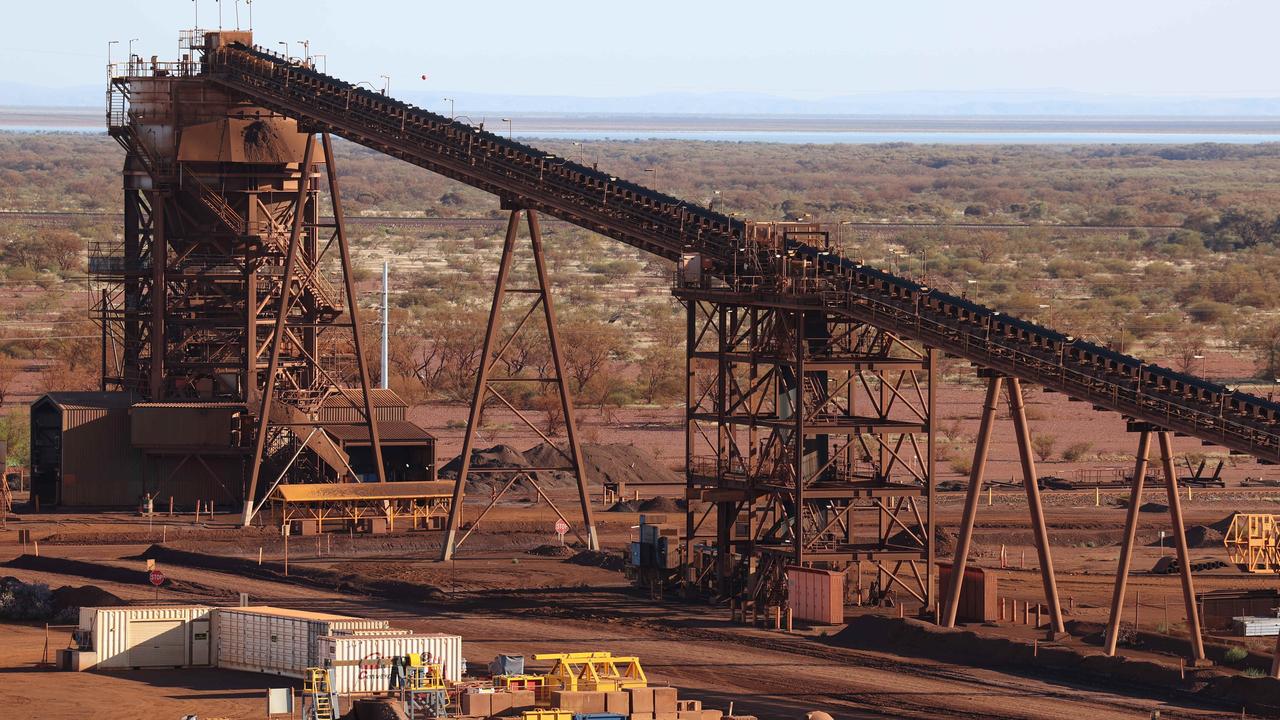
“Exports to the US are only 4 per cent of Australia’s total exports and may be spared from Trump’s tariffs as Australia has a trade deficit with the US,” he said. “However, as an open economy with high trade exposure to China, Australia is vulnerable to an intensification of global trade wars under Mr Trump, particularly if it weighs on demand for Chinese exports.” An OECD study showed that Australia could suffer a 1.2 per cent reduction in GDP as a result of a 10 per cent reduction in global trade between major countries.
“Resources shares would be most at risk and the $A would likely fall (and we have already seen a bit of that),” Mr Oliver said. “Of course, similar fears existed during the last Trump trade war, and it didn’t turn out so bad (although the $A fell 10 per cent in 2018 with US tariff hikes and Fed rate hikes).
“And there would still be demand for iron ore somewhere – it just may switch from China to elsewhere. Much will depend on how other countries respond and how hard Mr Trump goes.”
So although the Australian market is set to rise today, what happens in the long-term is more uncertain.
Mixed signs on global markets
In a sign that investors are also nervous about the impact of Mr Trump’s protectionist policies, European stock markets gave up strong earlier gains to slip into the red. Frankfurt fell 1.1 per cent with shares in automakers — a possible target of Trump tariffs — slumping.
Asian stocks diverged, with Chinese stocks hit by expectations that Trump would impose tariffs on Chinese imports.
Market focus was also on plans to stimulate China’s economy, the world’s second biggest after the United States.
Trump tax cuts, while good for corporate profits, are seen as inflationary and therefore leading to fewer interest-rate cuts by the Federal Reserve in the coming months.
That boosted the dollar against main rivals, with the greenback up around two per cent against the euro.
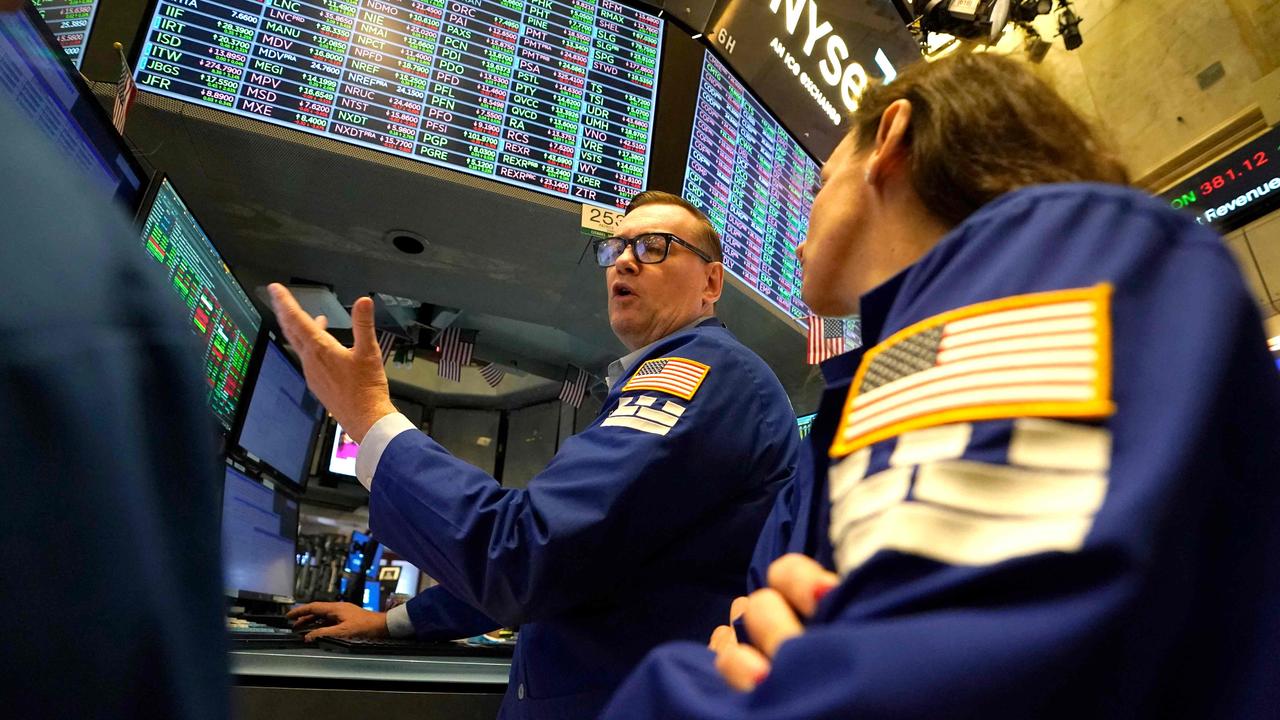
The Fed announces its latest rate decision on Thursday.
“With the Federal Reserve expected to announce a likely 25 basis-point cut tomorrow, we are already seeing expectations reined in for the December meeting given the perception that Trump’s policies are inherently inflationary,” forecast Joshua Mahony, analyst at traders Scope Markets.
US Treasury yields also won support Wednesday.
“Investors are bracing for tariffs and a clampdown on (US) immigration, policies considered to be inflationary which are likely to mean interest rates may be more elevated in the years to come,” said Susannah Streeter, head of money and markets at Hargreaves Lansdown.
She added that “expectations are high that a Trump presidency will mean fewer regulations on big tech and big finance”.
Elsewhere, oil prices initially fell “amid expectations that under Trump more crude will flow from US wells”, Streeter added. The main US contract WTI later erased its losses while international reference Brent was modestly lower.
“Another Trump presidency is likely to place emphasis on energy independence and his policies are likely to favour fossil fuels, promoting deregulation in the oil, gas, and coal industries,” she said.
— with AFP


